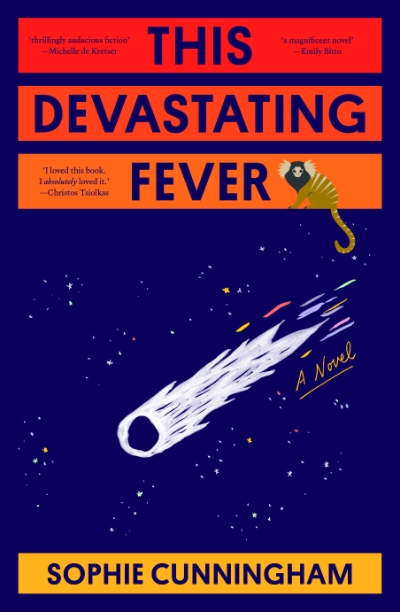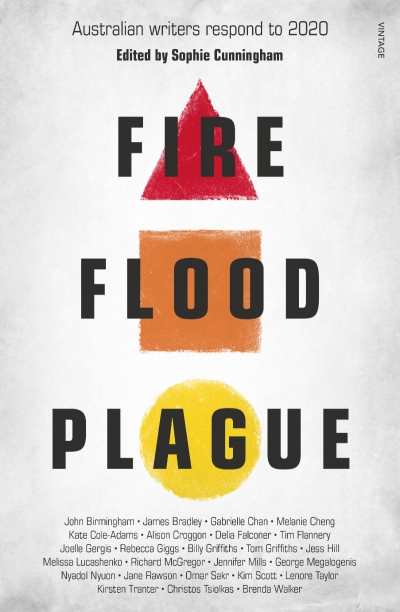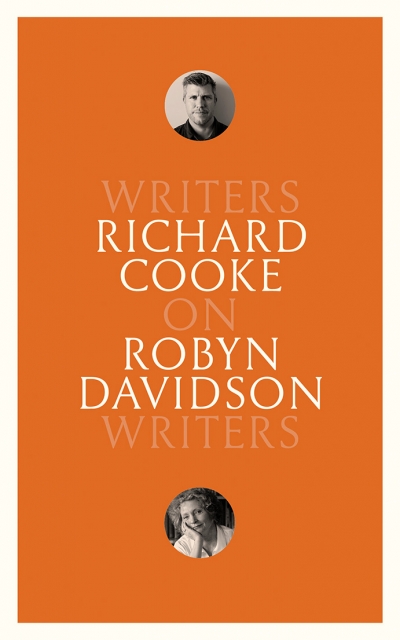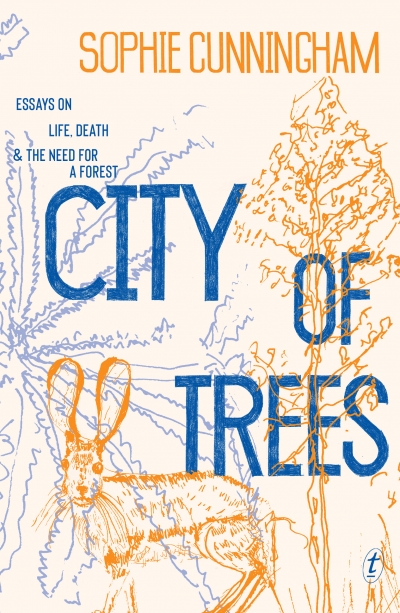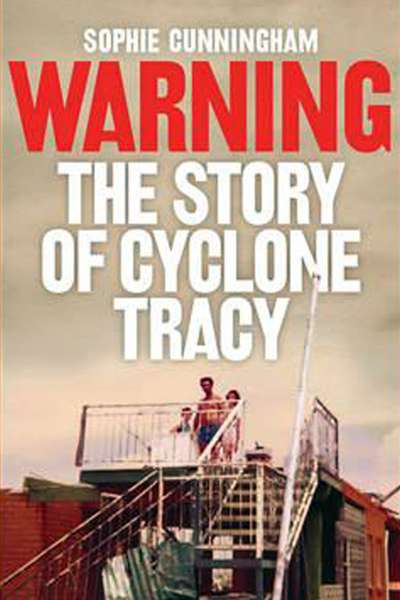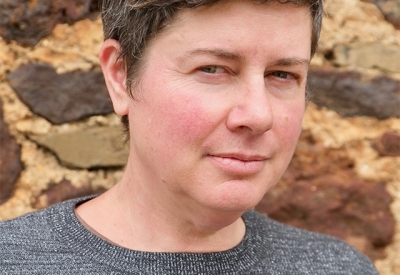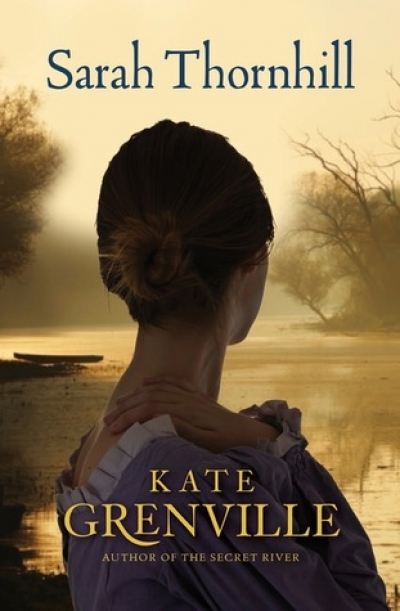Sophie Cunningham
Fire Flood Plague: Australian writers respond to 2020 edited by Sophie Cunningham
On Robyn Davidson: Writers on Writers by Richard Cooke
City of Trees: Essays on life, death and the need for a forest by Sophie Cunningham
To complement our coverage of new books on the subject, we invited a number of writers, scholars, and environmentalists to nominate the books that have had the greatest effect on them from an environmental point of view.
... (read more)Jennifer Maiden's The Fox Petition: New Poems (Giramondo) conjures foxes 'whose eyes were ghosts with pity' and foxes of language that transform the world's headlines
... (read more)Percy Grainger walked to avoid self-flagellation. David Sedaris walked to placate his Fitbit. Virginia Woolf walked the streets of London, and later the South Downs, endlessly: because she loved it, because she was walking her dogs, because she needed to think clearly. For Henry Thoreau, every walk was a sort of ‘crusade’ ...
... (read more)I love pop music that makes me want to dance and fills my heart with joy. Michael Jackson used to be my man. My current favourite song is ‘Happy’ by Pharrell Williams. I’m living in Brooklyn at the moment and the song has been bursting out of the window of every second car all summer long. But if we’re talking desert island albums, I’d be taking some Miles Davis with me. Kind of Blue maybe, or fast forward a few decades to Bitches Brew.
... (read more)
